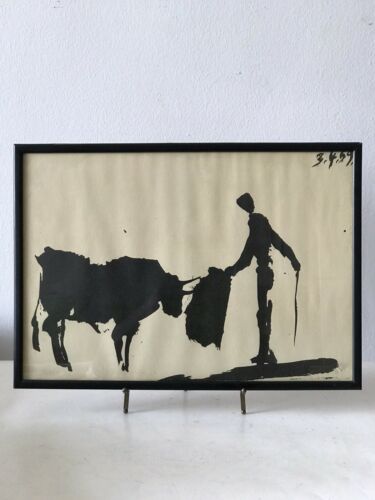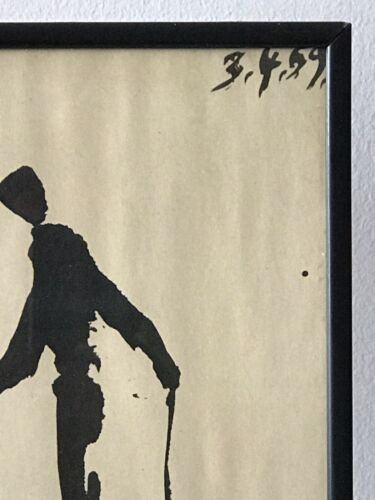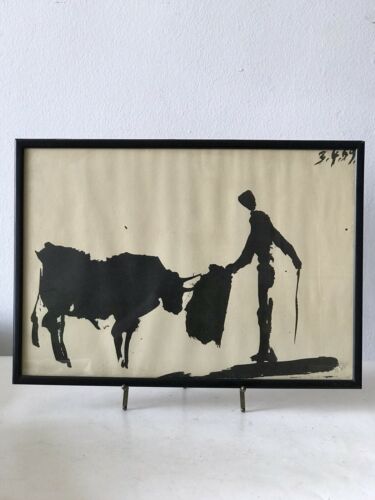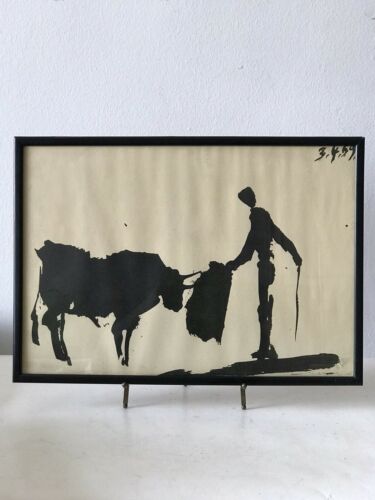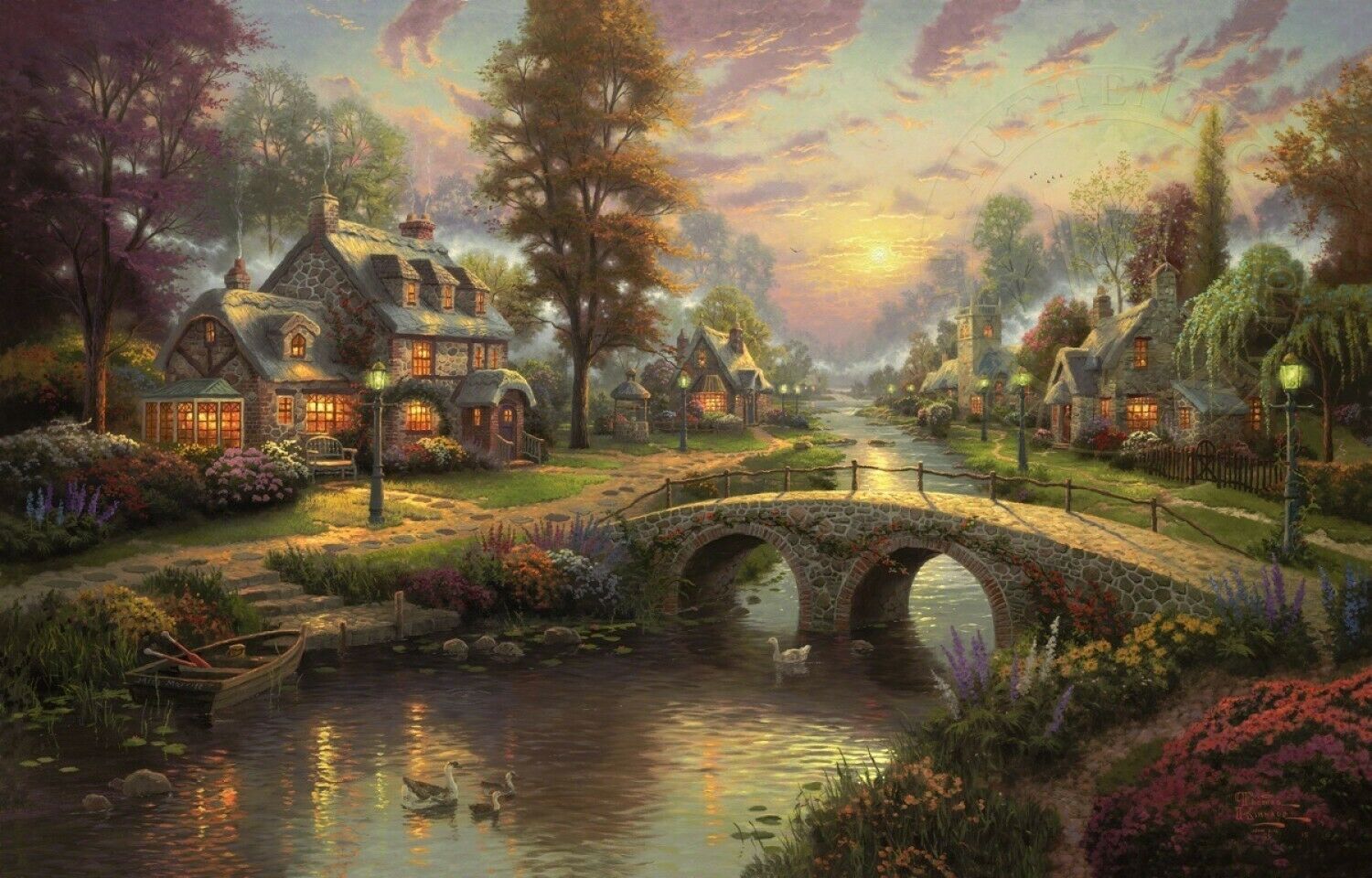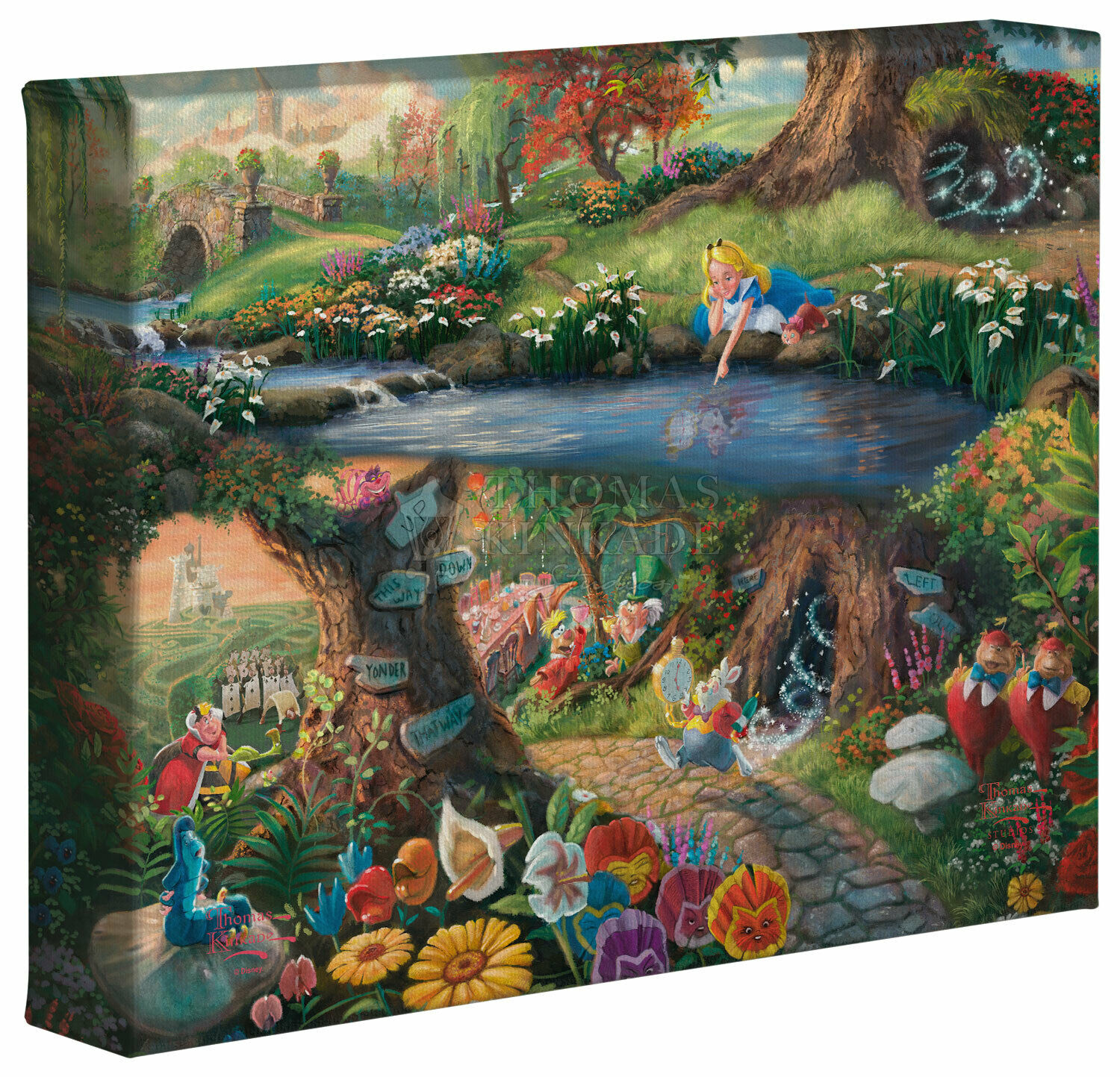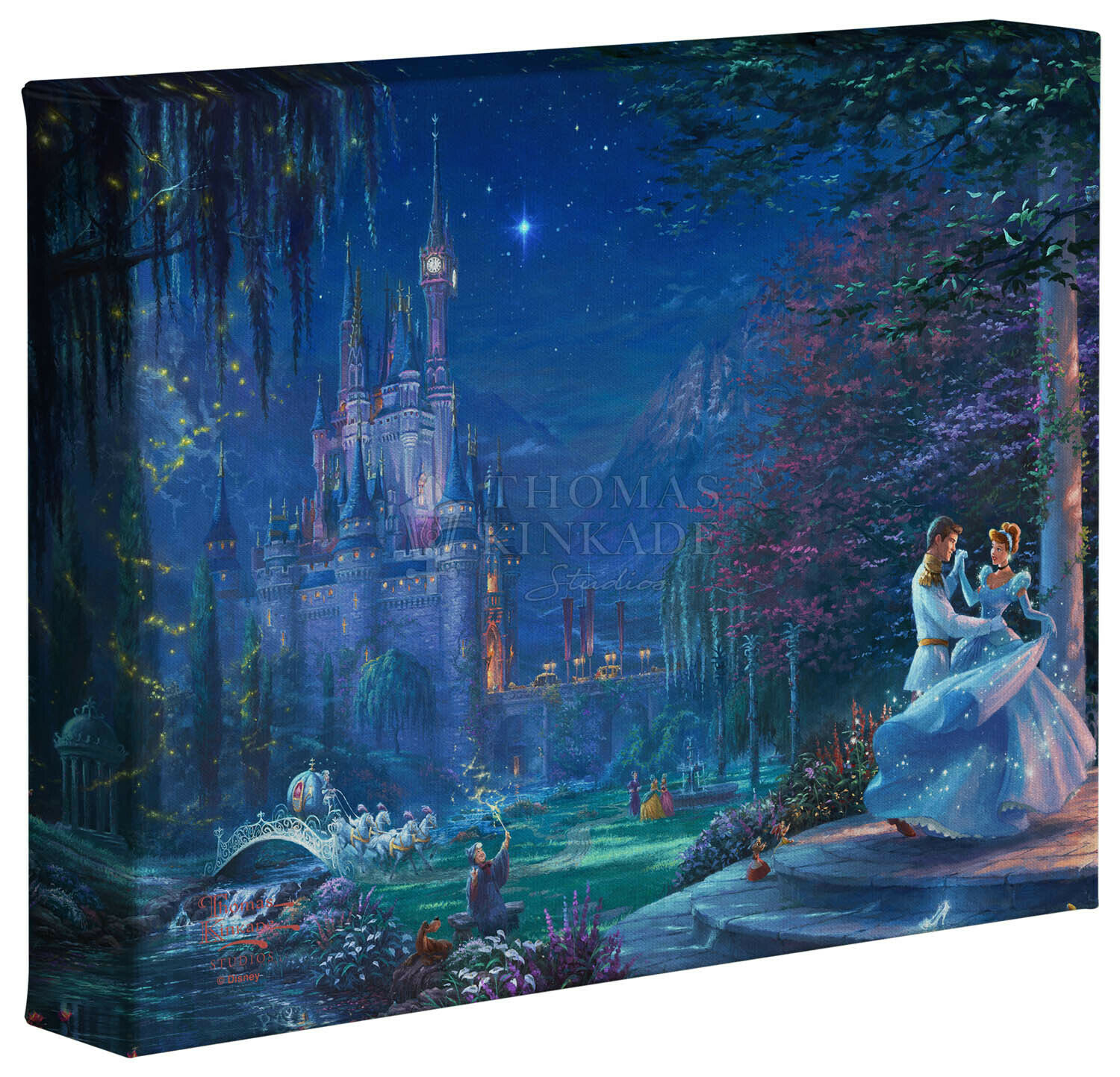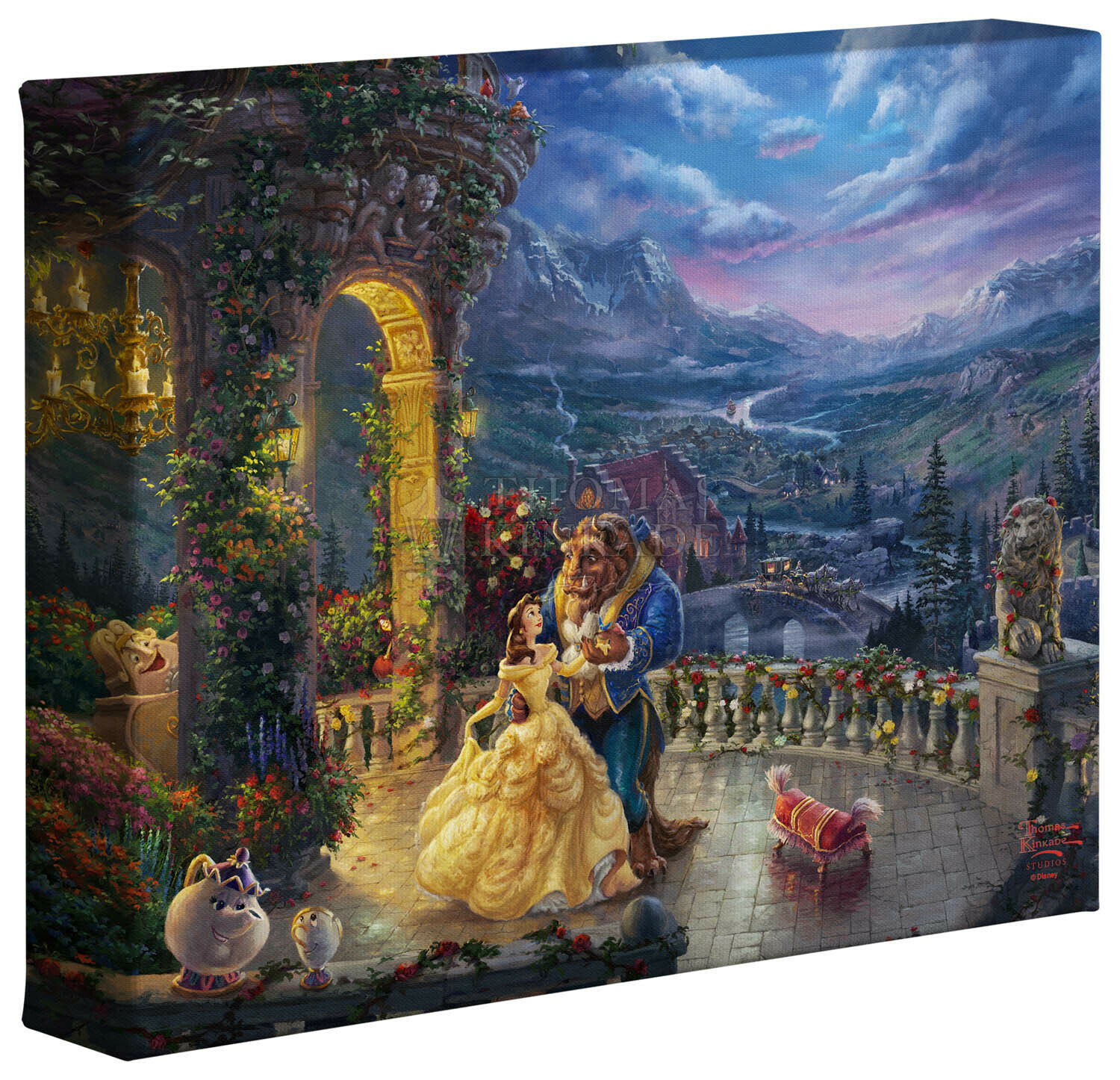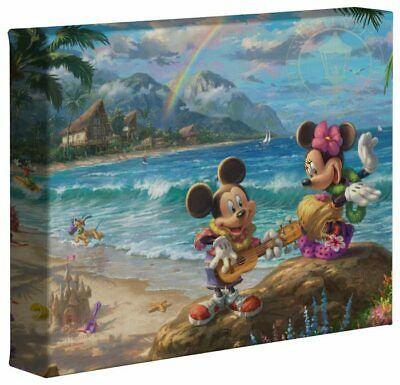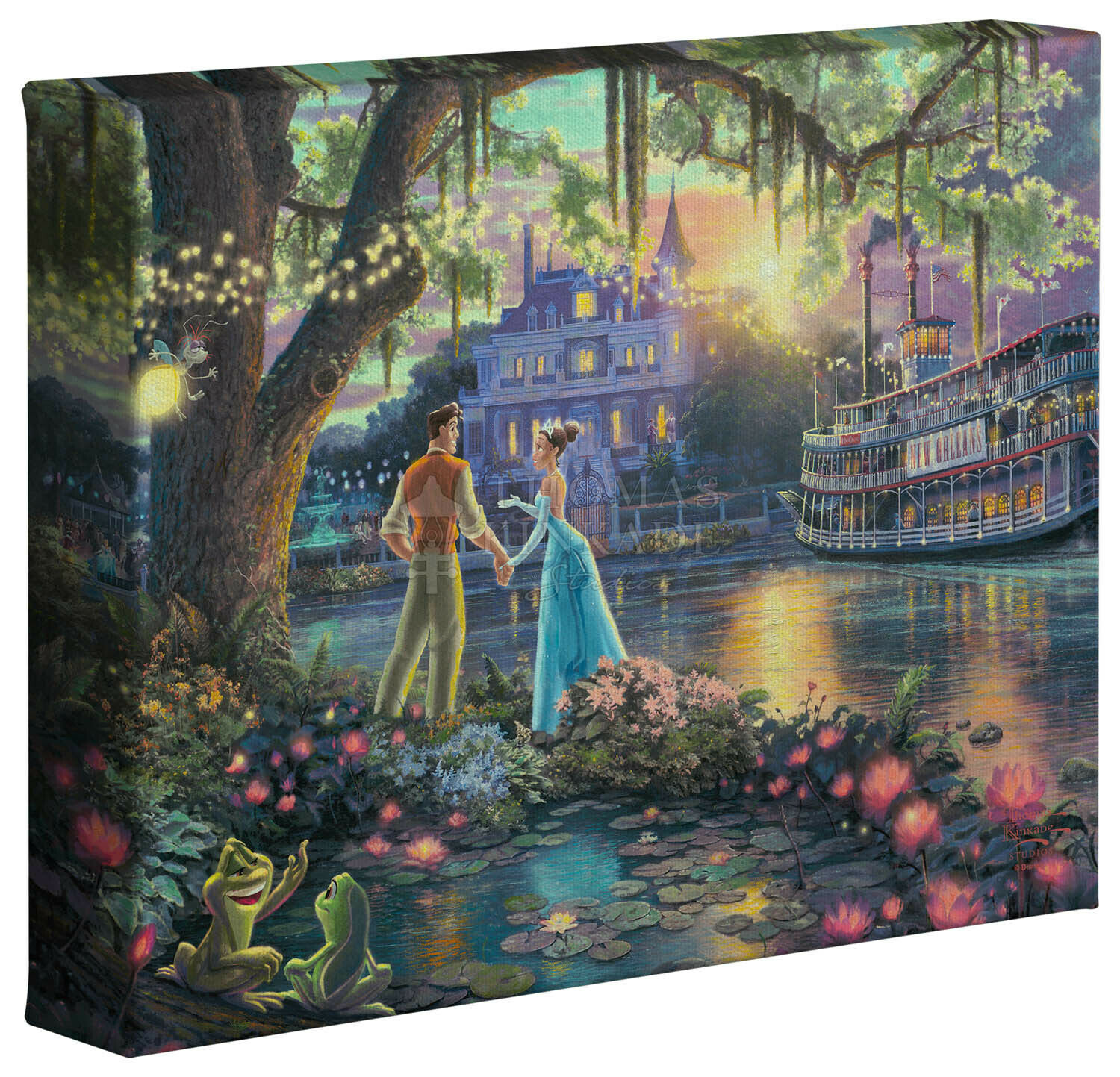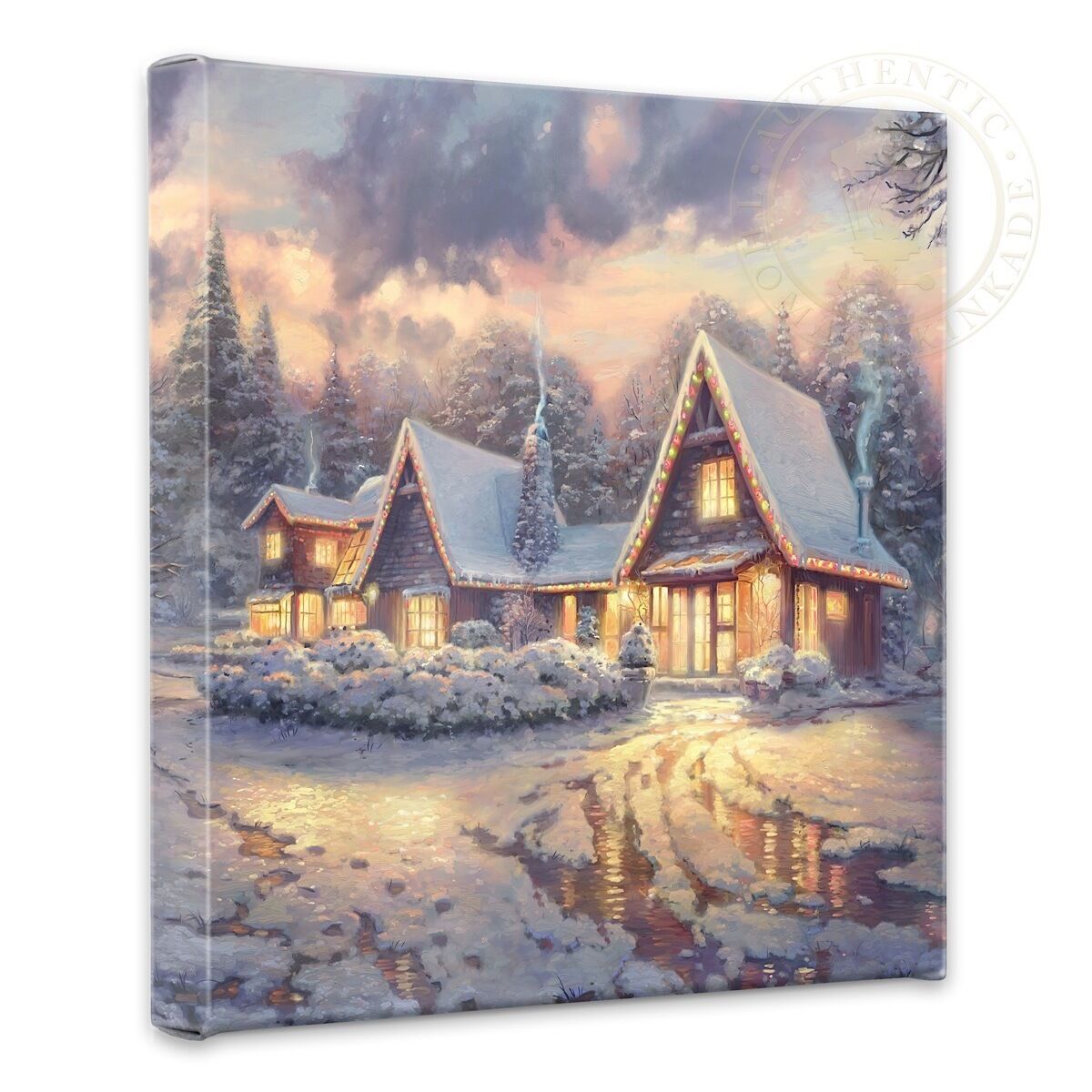-40%
PABLO PICASSO TOROS Y TOREROS LITHOGRAPH 1959 VINTAGE MODERN IMPRESSIONIST
$ 316.8
- Description
- Size Guide
Description
PABLO PICASSO (Spanish 1881-1973)MEDIUM: LITHOGRAPH
PORTFOLIO: TOROS Y TOREROS
DATE: 1959
ORIGINAL FRAME.
DIMENSIONS: 17.5”W x 12.5”H
Publisher: Harry N. Abrams
Reference: From "Toros y Toreros" by Luis Miguel Dominguín published in 1961
PABLO PICASSO
Pablo Picasso is one of the most prolific, influential and brilliant artists of the 20th century.
Born in 1881 in Malaga, Spain, the son of an art professor, Picasso began to learn the rudiments of drawing and painting from his father at the age of seven. By the time he was thirteen Picasso’s technical skill humbled his own father into essentially giving up on his own work, dedicating himself instead to the training his prodigious son. By the time he was sixteen Picasso was admitted to Spain’s top art school The Royal Academy of San Fernando but was soon bored by the constrictions of the academy and began to experiment with new techniques, his earliest influences being the classical masterworks he saw in the galleries of Madrid by Goya and El Greco.
In the early 1900’s Picasso first visited Paris where he lived with the poet Max Jacob from whom he learn French. As a struggling young artist Picasso had some success despite the economic hardship he endured and he created some important early works during this time, such as the Portrait of Gertrude Stein whom he met at the time along with a host of other influential Parisian bohemians. It was during this period that Picasso and his friend Henri Matisse saw a retrospective Cezanne and works by Gauguin and were inspired to begin experimentation with new post impressionist styles. Through experimentation Picasso deconstructed traditional perspective and form and used new unheard of collage techniques, playing with the very concept of what a painting ought to be. He soon began to influence the whole art scene with his new techniques and created a new style: Cubism.
As his career progressed and his fame grew Picasso’s works evolved and became more experimental, encapsulating surrealism, sculpture and classicalism. He blended classical elements with modernist techniques with extraordinary technical skill and began to create master works such as his anti- facist Spanish civil war painting Guernica in 1937.
His influence on art is equivalent to Shakespeare’s on language, one of constant creation and reinvention and a refusal to fit in, he continued to paint until his nineties, leaving behind a catalogue of works spanning over 70 years.
In 1945 Picasso begun to work on printing his works with the famous Mourlot studio, having been introduced to the printers by his friends Matisse and Braque. Picasso threw himself at printmaking and worked with the studio for the next twenty years, producing a brilliant catalogue of lithographs.
My mother said to me, 'If you are a soldier, you will become a general. If you are a monk, you will become the Pope.' Instead, I was a painter, and became Picasso.
